We meet owners of small businesses at many events trade shows, franchise seminars, awards functions and just about anywhere else where business people gather. Being friendly, we speak to them. In oh-so-many instances, our newly-found acquaintance will say something along the lines of: "Mine’s only a small business" or "I only run a com-op site" invariably followed by "so I don’t really need much accounting" Maybe it’s just a polite way of trying to end a conversation with accountants?
Time passes. The deadline for submitting 2013/14 Self-Assessment tax returns passed on January 31. In February, as every year, we started to receive calls from a few people who’d missed that deadline. They’d already received notification from HMRC of the £100 automatic penalty for late submission, and now the clock was ticking. Submit their return and pay the tax owed by April 30, or the next penalty will be another £300, and the interest on any unpaid tax keeps accruing on top of that. Suddenly they realised that maybe they do need some accounting help after all small business or not.
New-found friends
Let’s look at one of our newly-found friends. His circumstances are not untypical; he’s one of those who believed that there wasn’t really much need for formal ’accounting’ because, after all "I only run a com-op site".
First, we asked for copies of his latest accounts. Of course, there aren’t any monthly or quarterly management accounts; more problematically there aren’t any recent annual accounts for his business.
A relative did some for him the previous year, but nearly eight months after his 2014 year-end date there’s nothing yet for that year. Oh well, at least he isn’t operating as a limited company.
We asked for copies of his VAT returns. Yes, there were some although one of them appears to be a payment based only on an assessment raised by HMRC, which means that he missed filing a proper return and paid whatever had been asked for.
Unfortunately there’s not much in the way of workings to substantiate the other three ’real’ returns, so if he wants us to produce something to settle matters with the Revenue, we’ll have to go back to source documents and try and reconstruct a full year’s worth of trading figures.
shoebox accounting
The accounting euphemism for this sort of job is ’Incomplete Records Work’. Some accountants refer to it privately as ’shoebox accounting’ and it’s not always mind-numbingly boring, indeed it can occasionally be quite creative (and sometimes it really has to be).
Our new client produces ’Monthly Z’ print-offs, and copies of 12 months’ bank statements.
That’s a good start, allowing us to put together the income side of his accounts: shop sales of £160k;and commissions of around £2k.
A week or two of repeated requests for purchase invoices and we receive another bag full of paper. This side of the accounts isn’t going to be quite so straightforward judging by his supplier statements there seem to be quite a few missing invoices. Missing invoices make it hard to check and confirm that costs are correct, and hence ultimately affect the amounts of both VAT and income tax involved.
More worryingly, we find that his DIY payroll records don’t seem to agree to the amounts he describes as ’wages’ when he’s explaining his bank statement entries. This may take a while to sort out.
missing invoices
More time passes. We identify around 30 missing invoices; he manages to obtain copies from his major supplier for the 25 or so that came from them. Analyse those and we discover that he’s actually missed around £6k of tobacco purchase invoices and £4k of various grocery items. Eventually we manage to produce a set of profit/loss accounts for the year.
Unfortunately those tell him (among other things that he didn’t realise) that his real GP on tobacco for the year was only around 2% instead of the 8% his POS told him that he was making. And he’s apparently selling most of his ’dairy’ lines at an overall loss. Just as bad from his point of view, was the news that he’d actually overpaid VAT by some £2k during the year.
Yes, his is a ’small business’. But even so his turnover is over £160k considerably more than say a mini-cab driver’s or a self-employed plumber’s annual takings. In just one set of accounts imperfect and after the event as they are in this instance our new client discovers that he may have security or stock-control issues of which he wasn’t aware, and that he’s over-paid VAT. At least he’ll be able to reclaim the latter and in future, with regular monthly management accounts, he will now have a much better chance of identifying the source of the former. Oh, and in case you’re wondering, no this exercise didn’t cost him anywhere near as much as the amount he’s going to save just by getting the VAT back.
It is very easy to fall into a way of thinking that small businesses can do everything by themselves, supposedly to keep costs down "We’ll call for help if/when we need any". Unfortunately, in many cases by the time they realise that they need that help, it’s too late. Whether it’s a late submission penalty, or even worse, a call from the bank to advise that they’ve suspended the account, often that’s the first time that small business operators realise that something’s gone really wrong and (at best) will cost money to put right.
There are some 2,000 commission-operated forecourts in the UK. If you’re running one of them, particularly as a sole trader, then your livelihood and in many cases that means your home are at stake in your business.
We don’t subscribe to the view that it’s "only a com-op" as if that meant that there’s no need for regular professional help and advice and neither should you.





















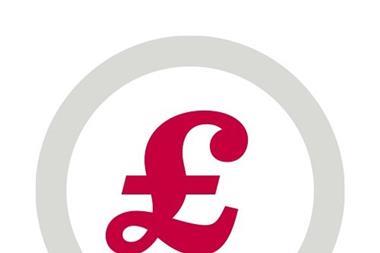
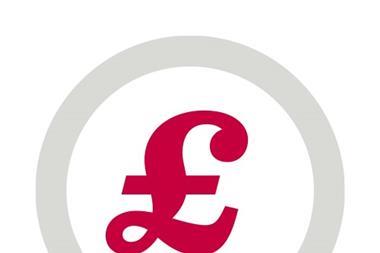
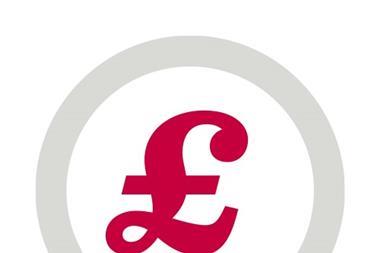
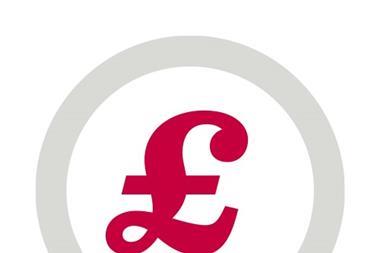
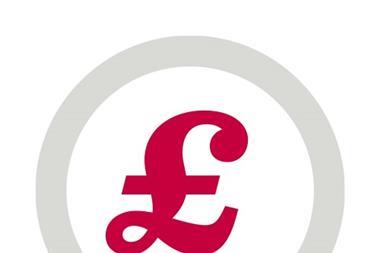
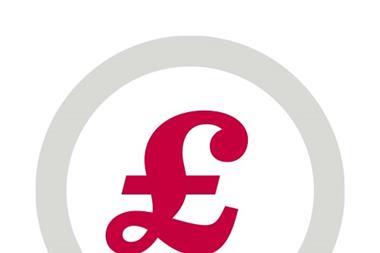
No comments yet